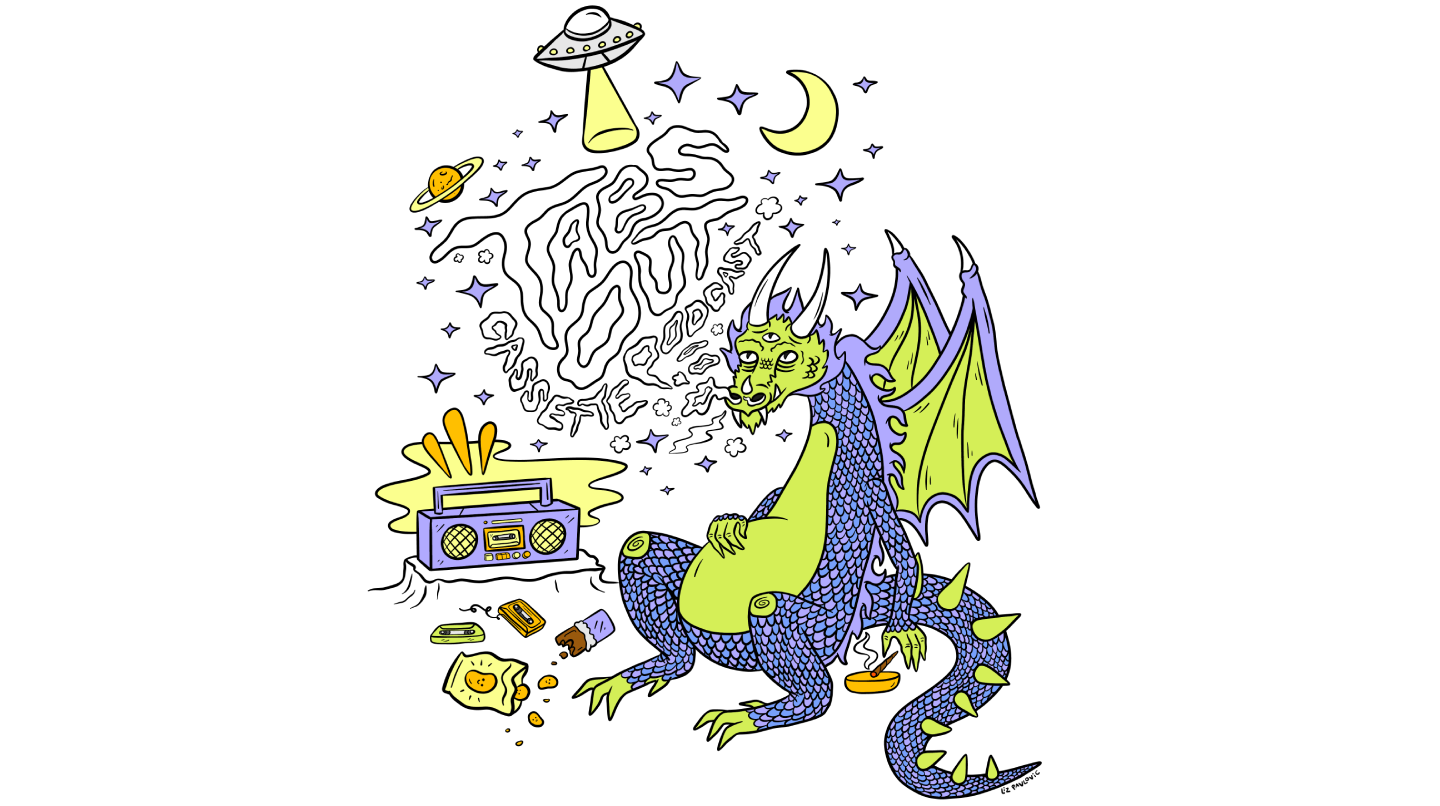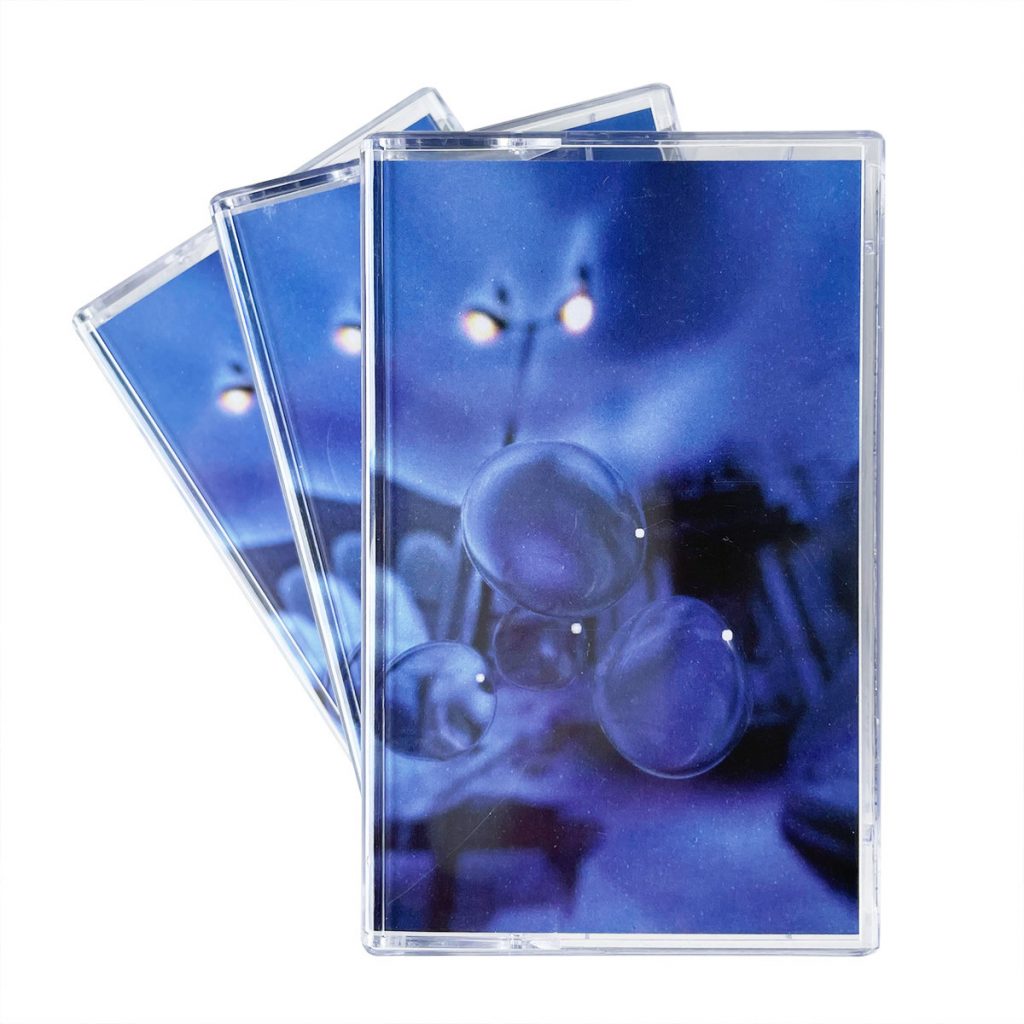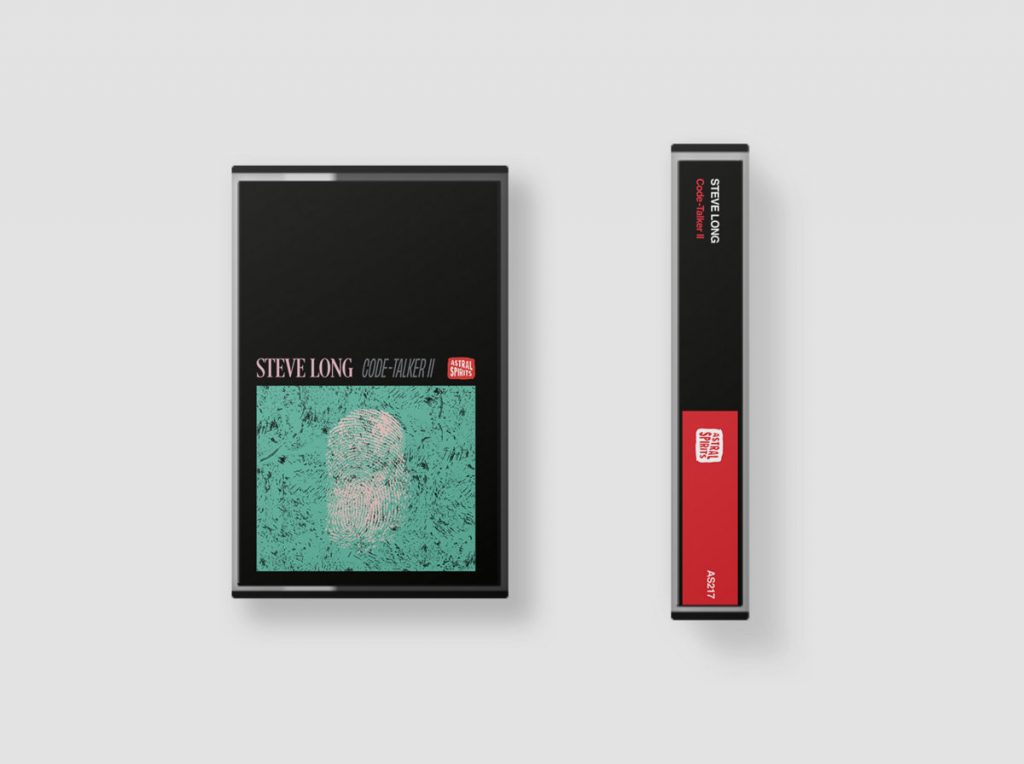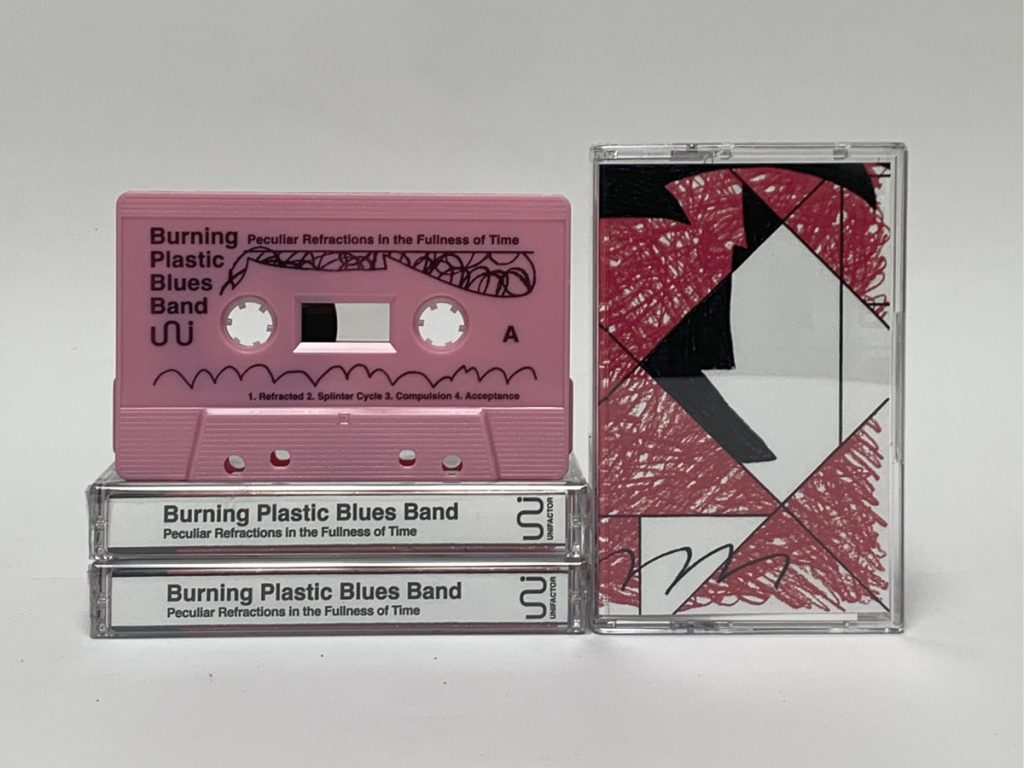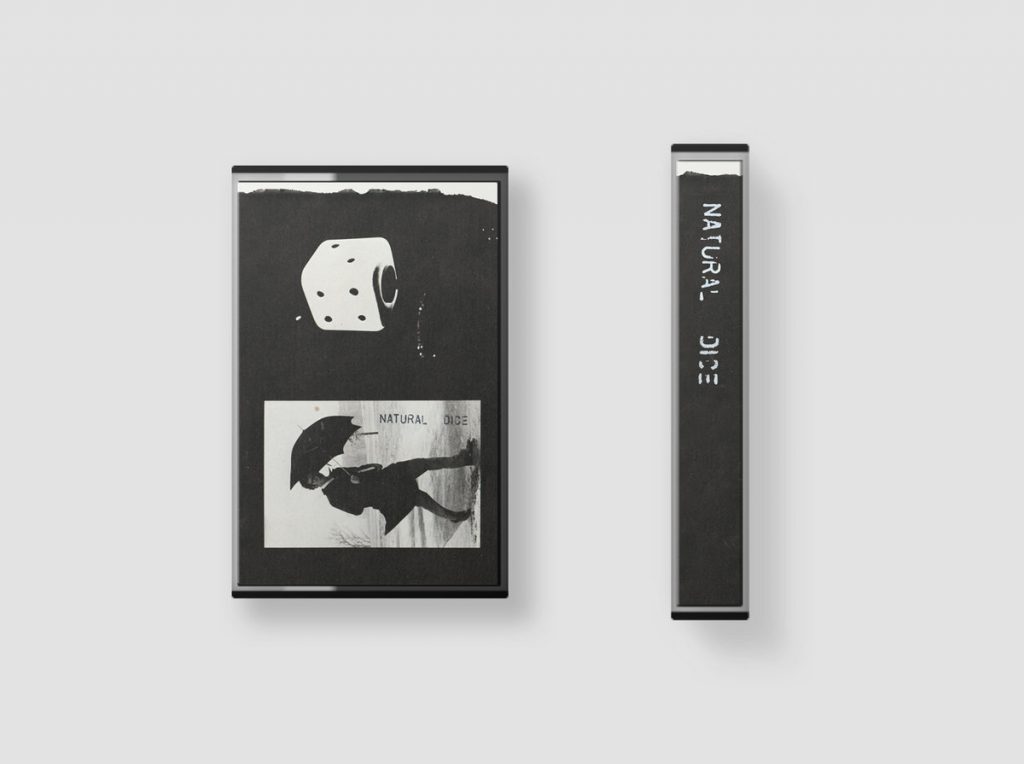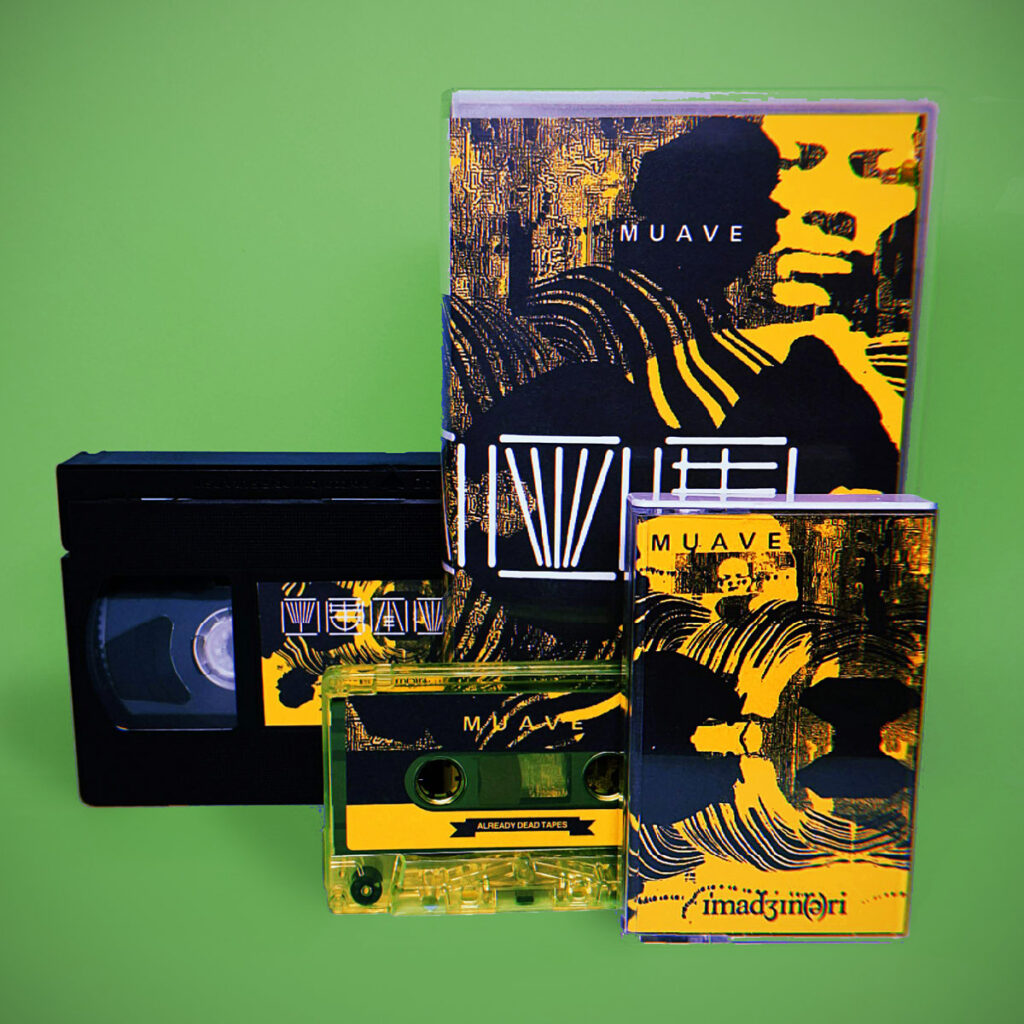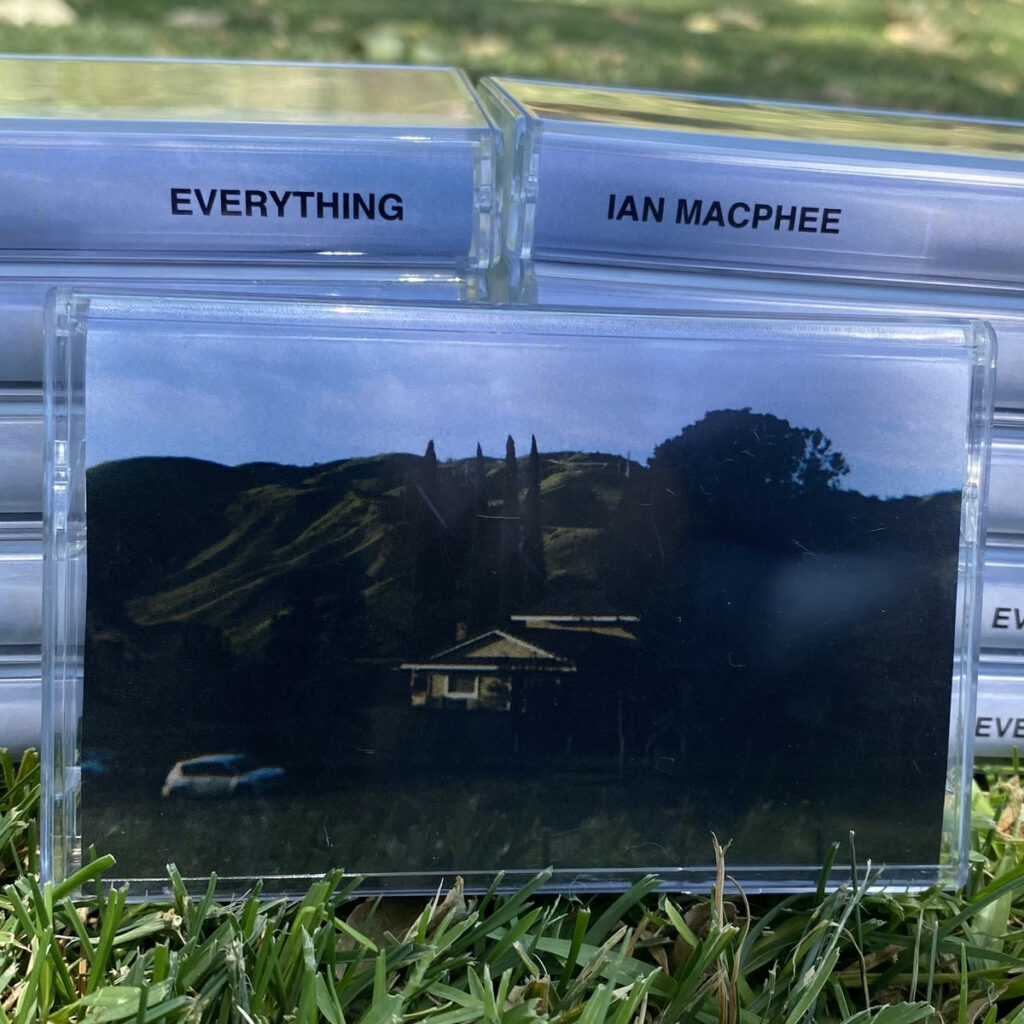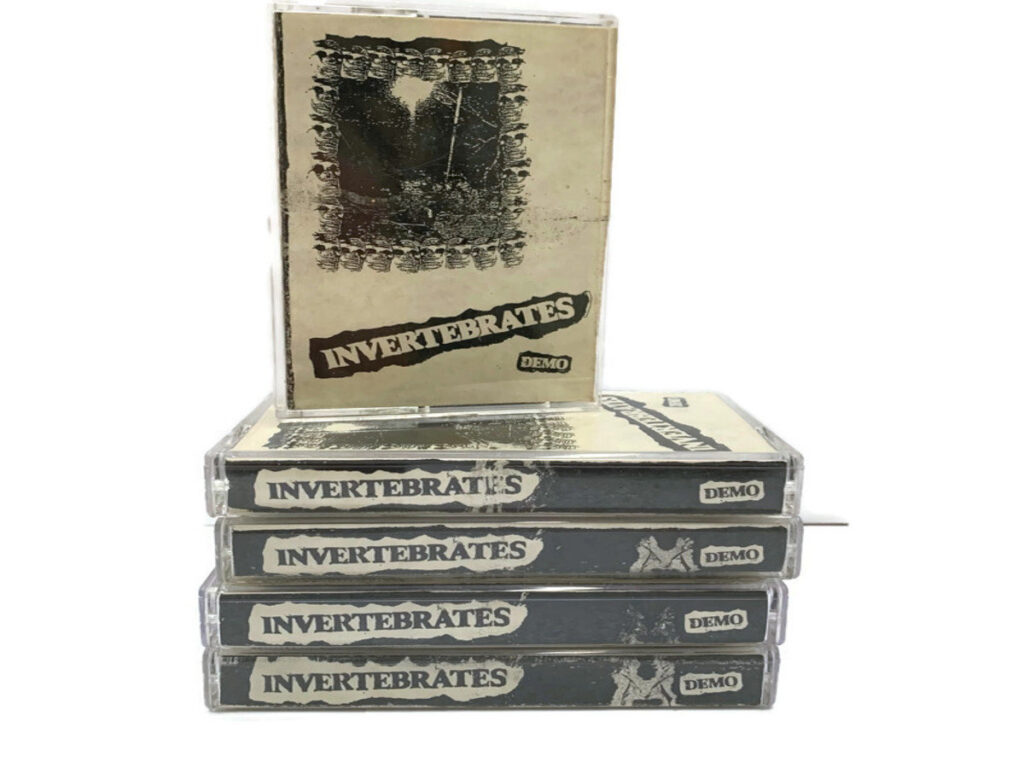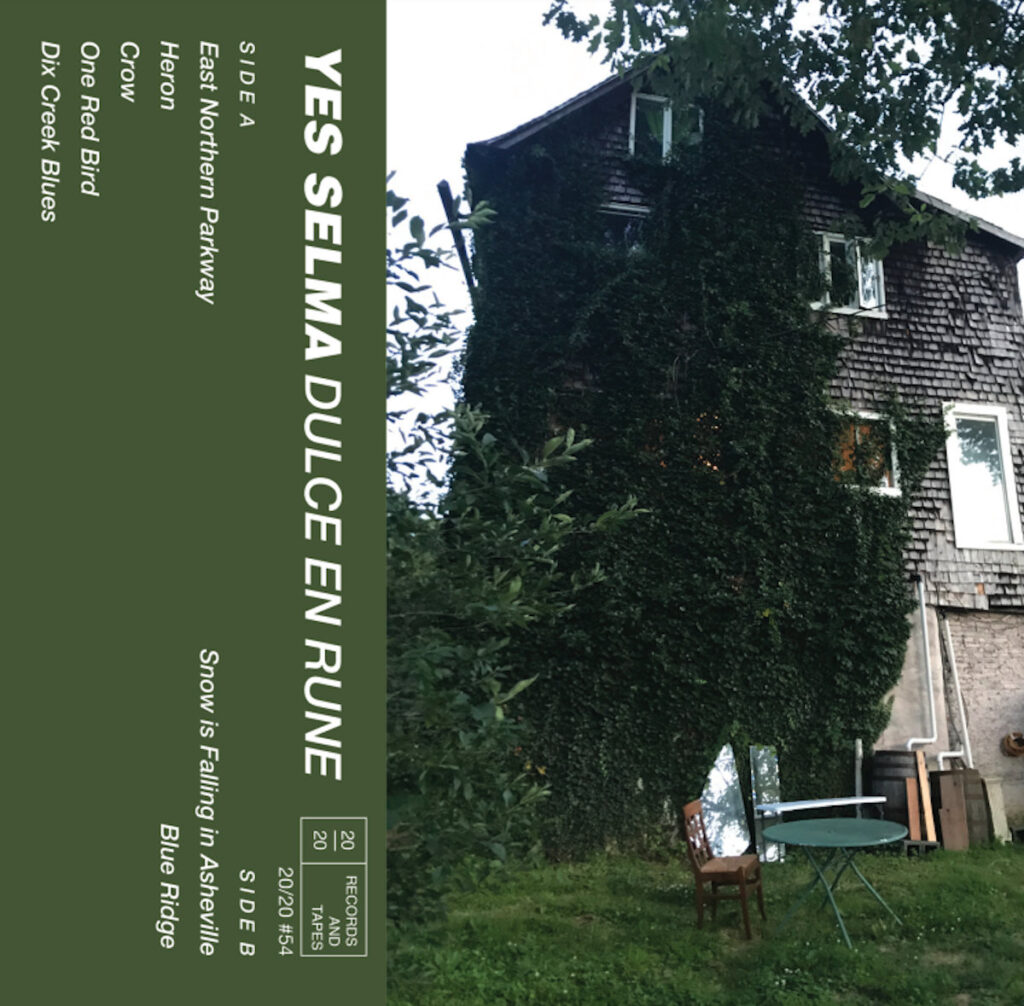MANAS – Alone We Are Alone As Far Down As the Sediment, Novatron – self titled
11.15.22 by Matty McPherson
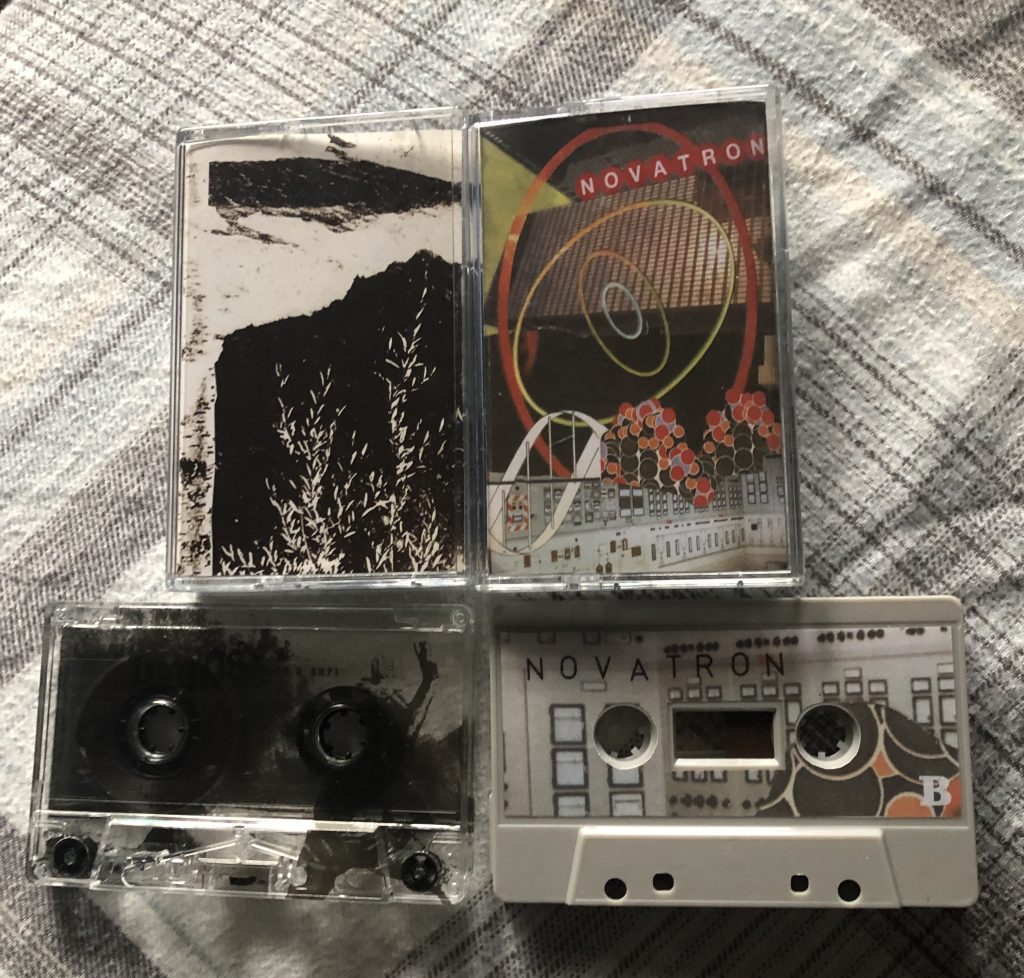
To put it forth simply, we need rollicking snapshots of bros being dudes. Preferably ones with the drums and guitars and whatever noisy cacophony they want to make. Personally, I find these recordings to be revelatory listens, taking all of the energy that the crescendo’d end of post-rocking has to offer and imbuing it with a life force that will go out kicking and screaming. There is nothing stately about the mosh pit when it hits with an endless, tumultuous energy of drums and guitar blowing up on top of each other. This is what the pre-and-post exclamation point change GYBE collective has championed for decades: a sound of buildings collapsing as a cacophony of tangible excitement.
I could use this to describe a couple handy releases from this year. One of which is the MANAS tape, Alone We Are Alone As Far Down As the Sediment (ft. N.R. Safi), from earlier this year that captures a 28 minute, 2019 performance from Asheville, North Carolina. Tashi Dorshi and drummer Thom Nguyen’s vision of free-jazz is that kind of raw catharsis that has a clearer lineage in between Bill Nace and Lightning Bolt than jazz, but also that’s why when they come together it has a blasting concept. Heavy in-the-red with crunch, the duo and Safi strike like lightning. An endless barrage of noise–the kind delivered like its a m60 being fired until it goes click–is streamed from the ferric directly through the headphones and to the brain. It’d be too unnecessary to describe it much further, maybe outside a comparison to the great 75 Dollar Bill–if Che and Rick gave everyone speed at their Ornette Coleman closer cover they perform and then proceeded to let it rip, that is. That the tape itself had to be split across side A and side B is perhaps its only egregious error. Yet such is a minimal critique. For Radio Khiyaban, a Netherlands based label specializing in “underground transmissions on arts culture centered around the greater SWANA (Southwest Asian and North African) region,” the tape is another huge play and curatorial boon. The peerless, situated works the label is pulling out of Europe will peg it a label to watch in 2023.
The other release that has been recently receiving a huge burst of enthusiasm on the hi-fi is Novatron’s self-titled recordings. It comes out of Berlin-based Kitchen Leg Records. Limited edition tapes abound of cut-n-paste j-card aesthetics; nothing can be as seems even if a “weirdo” label may be hiding at the edges of a many Bandcamp pages. Anyways, Novatron is the dupo of Tatsumi Ryusui (gtr) and Itta Nakmura (drums). The duo take a garage-fidelity approach to creating massive valleys and peaks of crashing undistilled noise rock goodness. The promise of this tape’s ability to travel “to the infinite and back to your seat” is indeed with merit. The a-side sputters and refuses to let up its tenacious energy, as endless guitar drones and solos firebomb the mid-frequencies; its raw energy the source of about five different genre classifications from drone to acid psych, which make it such a versatile front half. Meanwhile, the ever-stable drumming of Nakamura, is a bellwether for the low end. Amongst a litany of delay pedals, help terraform the rollicking garage sound into an almost-techno frenzy of “Not Yet”, the kind of noise machinations that anyone could rack an infinite wombo combo out of. It’s the kind of energy that side B further warps and processes into the longform “After Break.” Of anything it sounds most similar to, it’s shockingly Nick Zanca’ Cacerolazo III. That was a piece based around a drumsolo’s delight going to the heavens, and for the entire 16 mintues, Ryushi and Nakamura team up to move themselves towards to no. 1 spot in heaven. Just a slow cymbal rush steadied by motorik impulses–until it becomes glitched out glimmers–as guitars layered over and over bask in the glory through a processed, warped tone. At some point, it will sound like a Sonic Youth bootleg from 1985 and you will be thankful.
When you enter the working world, you’re given a government mandated lunch break of 30 minutes. You simply just cannot ascertain or listen like you want to. It’s perhaps why I’ve had such a liking to shorter, longform oriented tapes and listens. At a certain point, Im caught in the piece and Im feeling the rays of a low fall sun glide over my hair, and just letting my mouth remain ajar. Novatron hit like that and they could for you as well.
